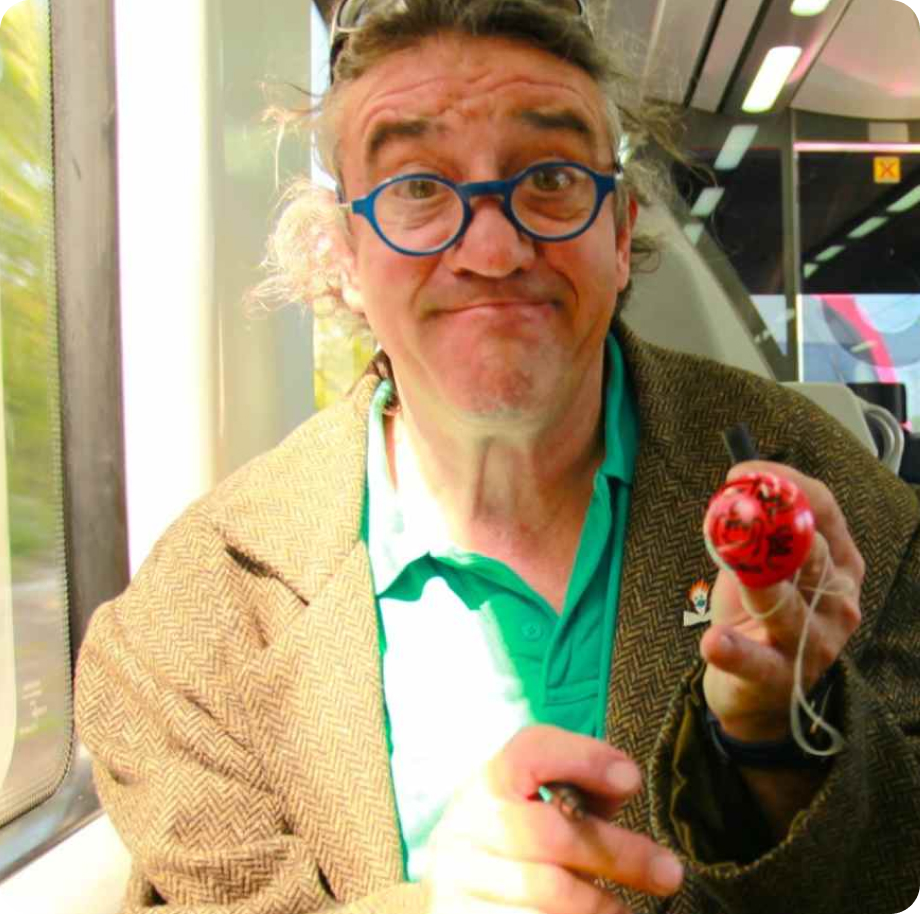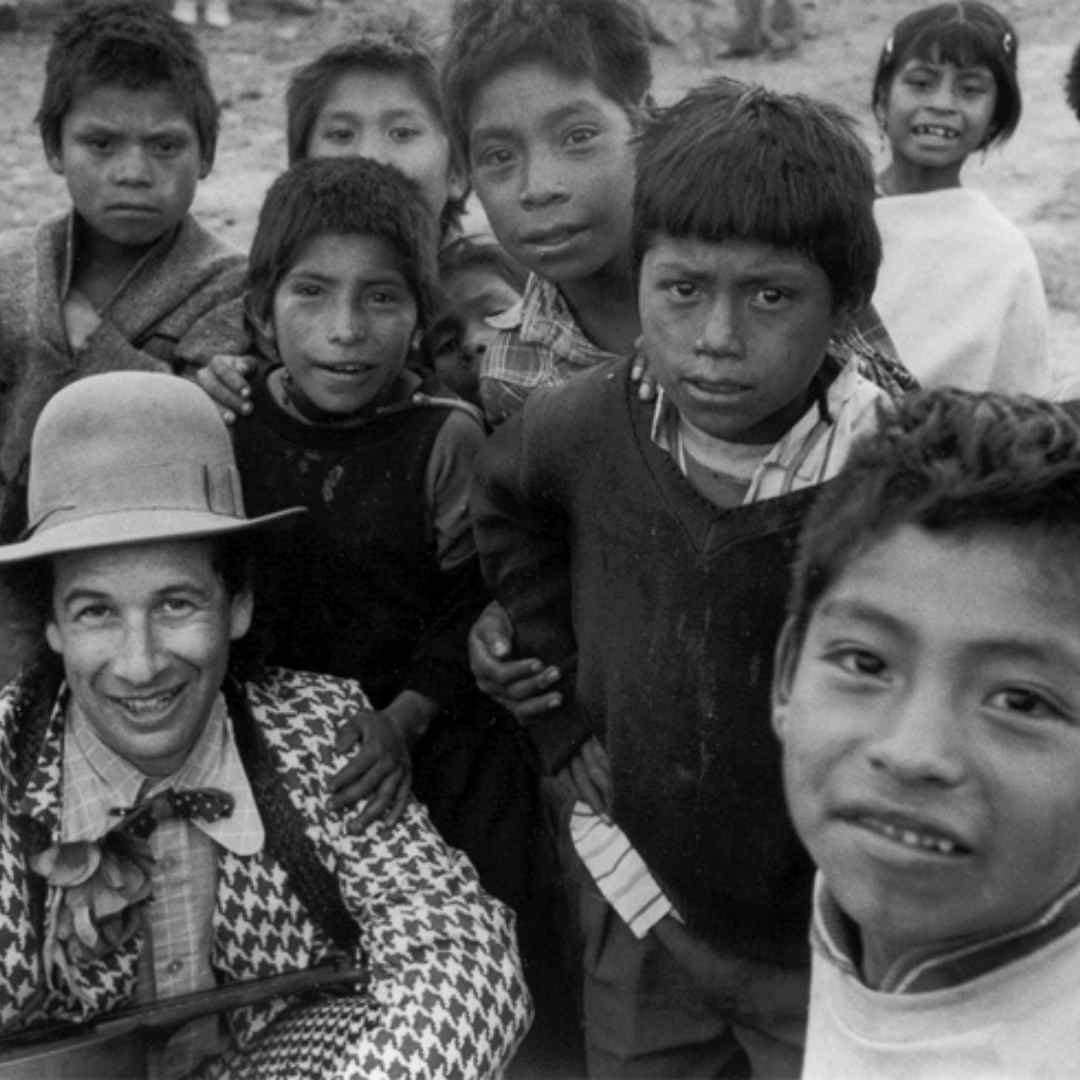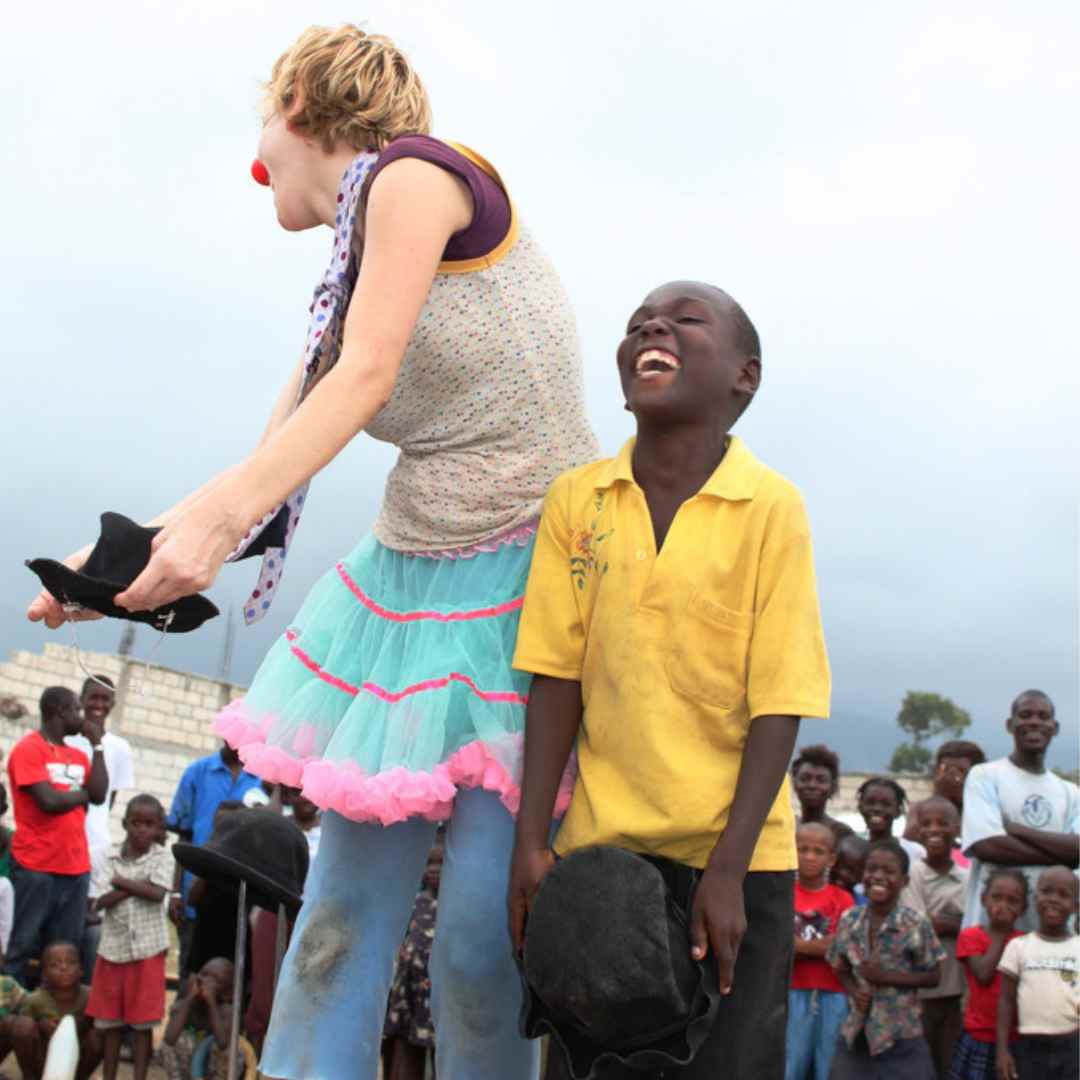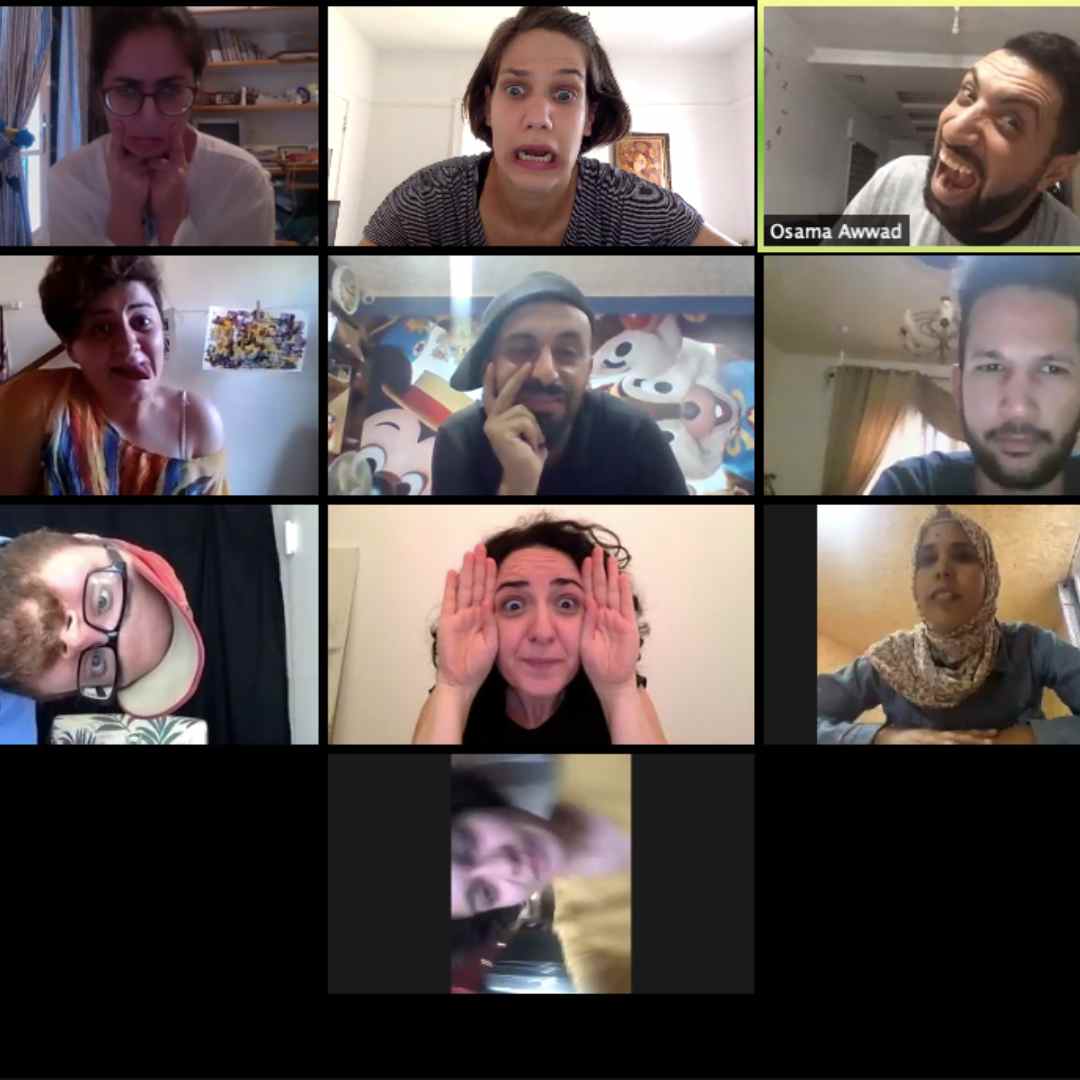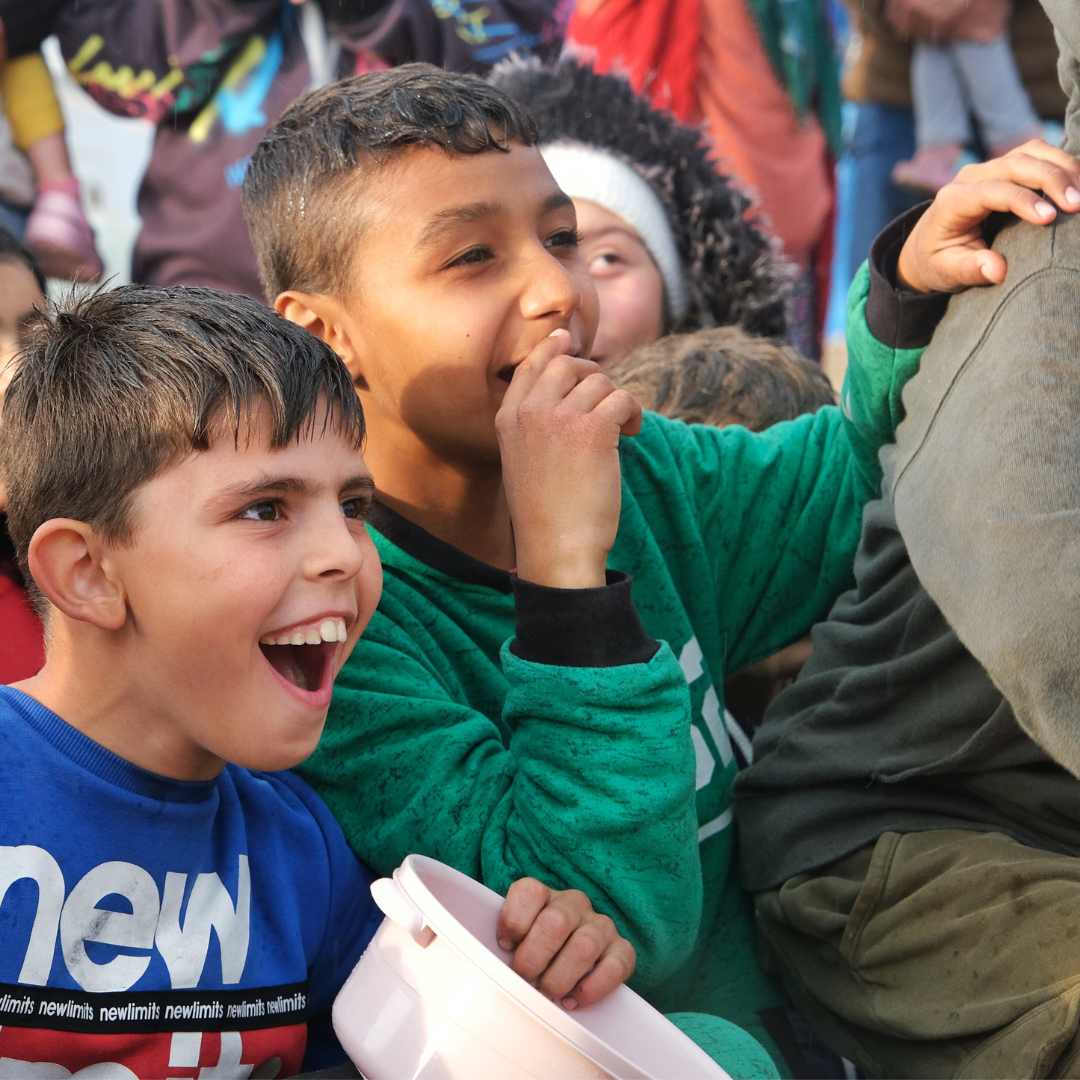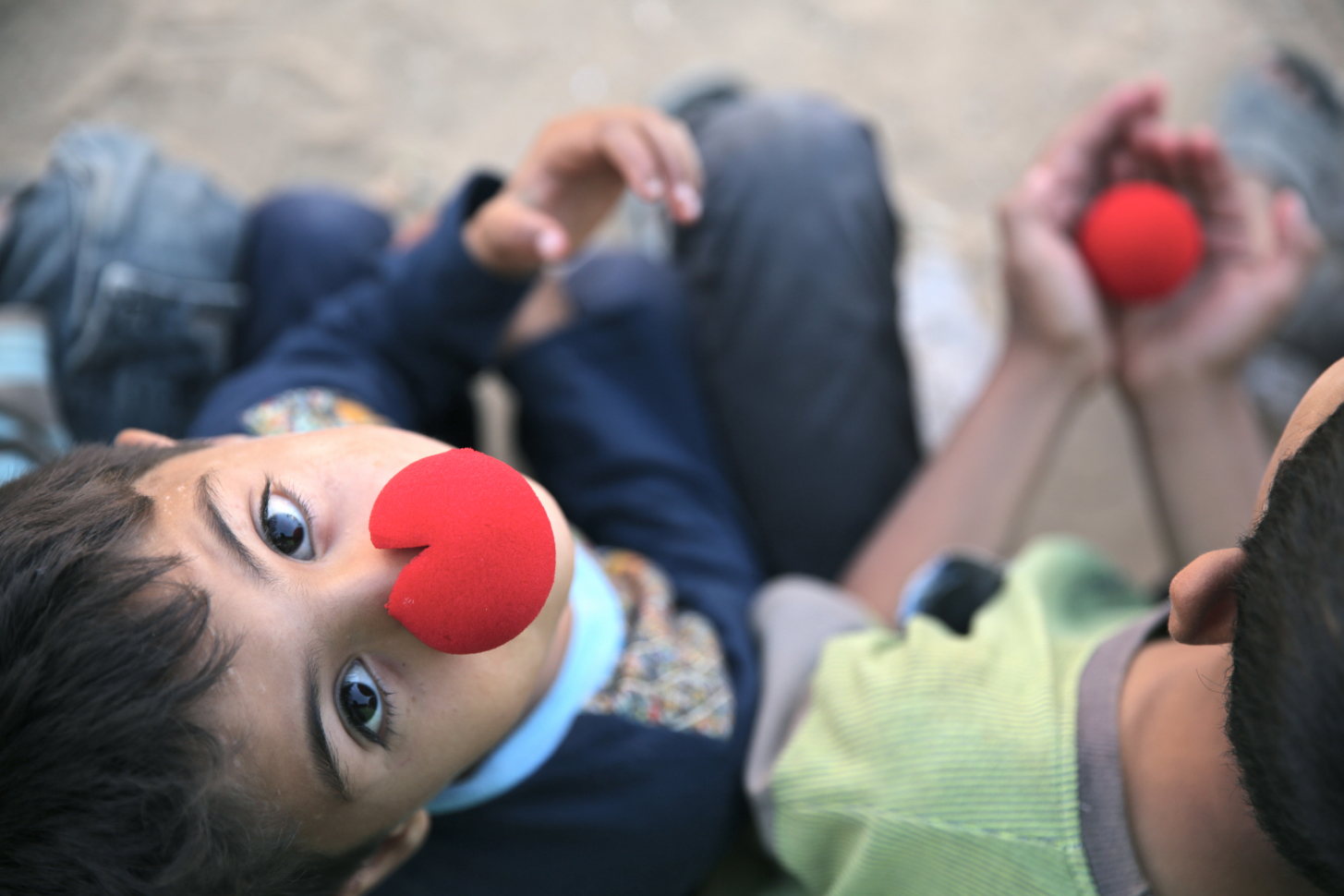Check out our April 20-28 tour in the Bay Area of the United States!
About Us
Since 1995, Clowns Without Borders — USA has been traveling the world with laughter in tow.
We believe that everyone has the right to play and laugh, and we make it our mission to bring those laughs right where they’re needed most.
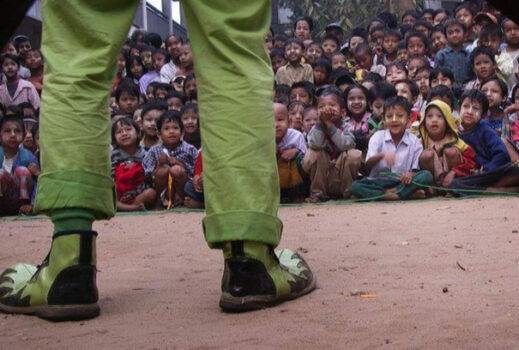
Some Highlights from Clowning History
We're Small But Mighty!
With just two paid staff members (plus an amazingly dedicated board of directors), CWB — USA makes the most of limited resources to accomplish some BIG things — including big belly laughs all around the world!
We’re proud to be one of the 15 global chapters under Clowns Without Borders International, and as long as there’s a need for laughter, joy, and hope, CWB — USA will be here to go the distance.

Learn More from Our Executive Director
CWB — USA was featured on Chicken Soup for the Soul’s Hidden Heroes program. Watch Executive Director Naomi Shafer talk about what we do and the importance of building resilience through laughter.

